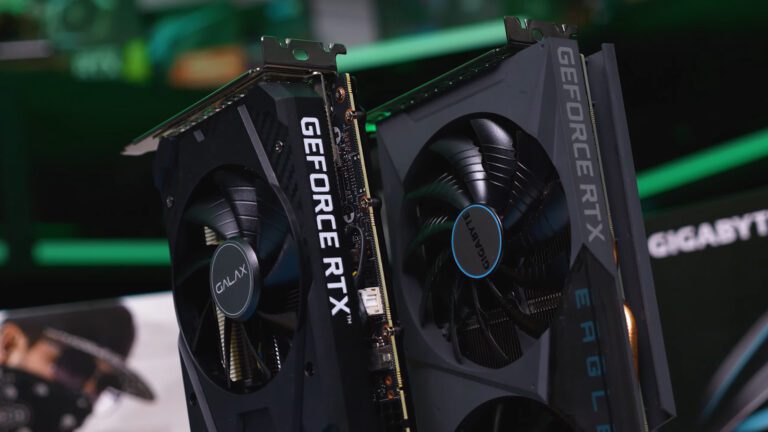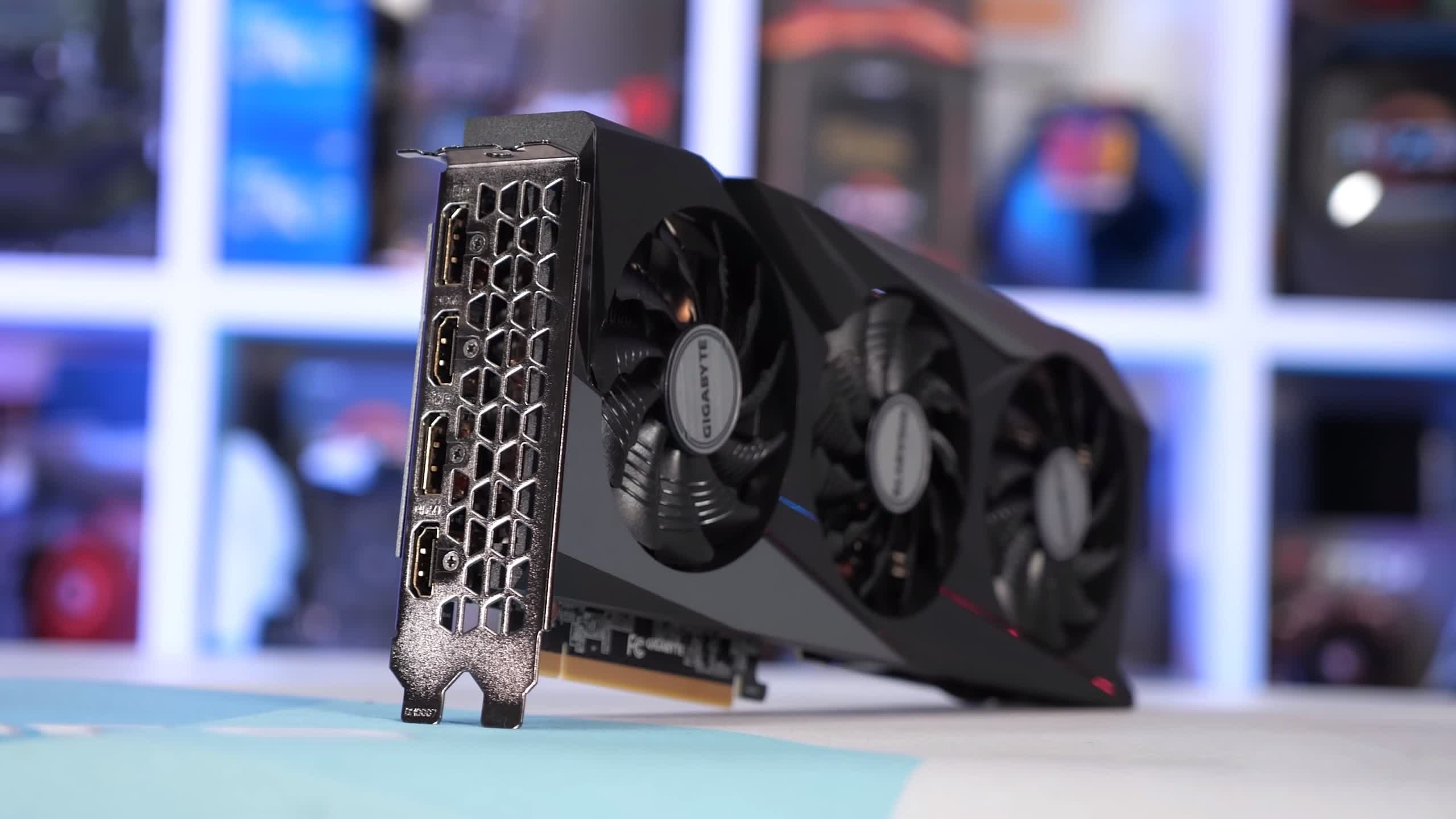
[ad_1]
Something to look forward to: Nvidia hasn’t formally announced the RTX 40 Super series yet, but rumors and leaks have revealed its existence, specs, and release dates. A digital retailer listing for Gigabyte’s upcoming custom card lineup provides additional confirmation. Meanwhile, AMD might be preparing a new version of one of its latest mainstream GPUs.
New listings from Gigabyte on the Eurasian Economic Commission (EEC) website all but confirm that it and likely other AIB partners will soon release Super variants of three RTX 4000 graphics cards. The page also confirms the existence of the previously rumored 6GB RTX 3050.
Nvidia is expected to reveal the RTX 40 Super lineup on January 8, the day before CES. Previous information indicates the company will ship the RTX 4070 Super on January 17, the RTX 4070 Ti Super on January 24, and the RTX 4080 Super on January 31.

The 4070 Super and 4070 Ti Super could offer performance boosts of up to 20 percent over the original versions of those GPUs, and the latter’s VRAM will grow from 12 GB to 16 GB. The improvements could start to make up for the lineup’s high prices and modest advantages over the RTX 3000 series. Both new cards will either maintain their old prices or become slightly more expensive.
The 4080 Super will have a more modest power uplift but a lower price than the 4080. On the other end of the scale, the 6GB 3050, downgraded from the original 8GB model, is likely a ploy to clear the remaining stock and increase the RTX 4060’s appeal.
Meanwhile, Team Red could be preparing to release a Radeon RX 7600 XT sometime in the first half of 2024. That GPU and several other unannounced RDNA 3 models appeared in earlier EEC listings from two board partners, but other sources told Benchlife that only the 7600 XT is genuine. Other rumored products, like non-XT versions of the RX 7700 and RX 7800, aren’t currently in AMD’s pipeline.
In other news, Nvidia officially revealed the rumored RTX 4090 D. The China-exclusive variant of the company’s flagship is intended to circumvent a US export ban on the original model, meant to curtail China’s progress in AI development. It does so by featuring almost 1,800 fewer CUDA cores – 14,592 compared to the global variant’s 16,384 – and a slightly lower TDP with the same memory and boost clock.
[ad_2]